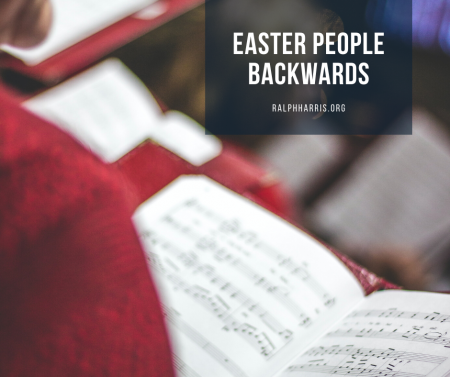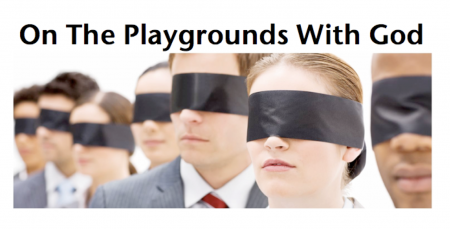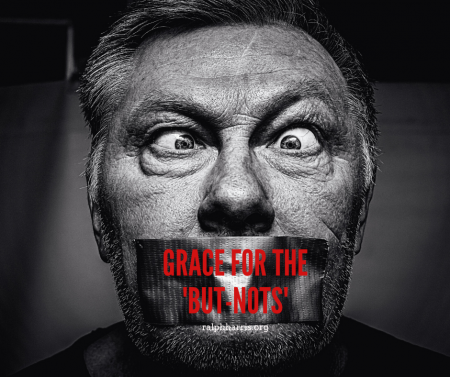EASTER PEOPLE BACKWARDS

Do you have favorite odd verses in the Bible? You know, scriptures that cause you to tilt and scratch your head, and pull on your chin in wonder? “Whaaaat? That seems backwards.” I sure do. One of my favorite examples of how God does this on purpose will be beautifully proven in the next few days. It’s from the New Testament book of Philemon 1:6: “I pray that you may be active in sharing your faith, so that you will have a full understanding of every good thing we have in Christ” (italics mine.)
For a long time, that seemed backwards to me. Doesn’t it to you? I thought people had to study and understand every good thing they have in Christ before they could be active in sharing their faith. It’s not so, oddly enough, and many of us will see it played out over the weekend.
Here’s what going to happen: starting today, people are going to feel encouraged and invigorated when they say or write simple yet meaningful Easter statements—you know, crucifixion and resurrection stuff. They’ll say things like, “Jesus died on the cross for me,” “Christ was raised from the dead to make me okay with God,” and maybe they’ll sing, “Christ the Lord is risen today . . .”
That’s going to happen a whole lot. People are going to say what they believe—more than they normally might—and then recognize and feel the goodness and fullness of what Christ has given to them. After saying or singing something, they’ll think, “I feel good about this,” and that proves my backwards scripture verse! They share their faith (“He is risen!”), and then they’re given a more-full understanding of every good thing they have in Christ. It hits them beautifully and perfectly because of Who is in them, standing up and cheering the truth.
Christ in us—the people of Easter—thinks we’re His workmanship, even our faith. I know it seems backwards, but aren’t you glad? Isn’t it fantastic that the gospel we love really is “the power of God”, and we feel it? How good is that? So buckle up and share, Easter people! Here comes your thrill ride.
“Made like him, like him we rise, Alleluia!
Ours the cross, the grave, the skies, Alleluia!”













